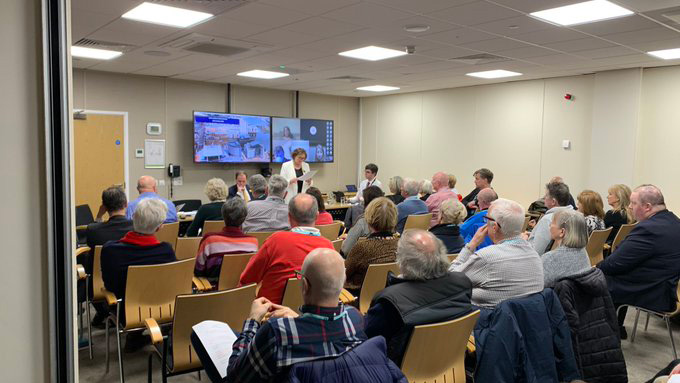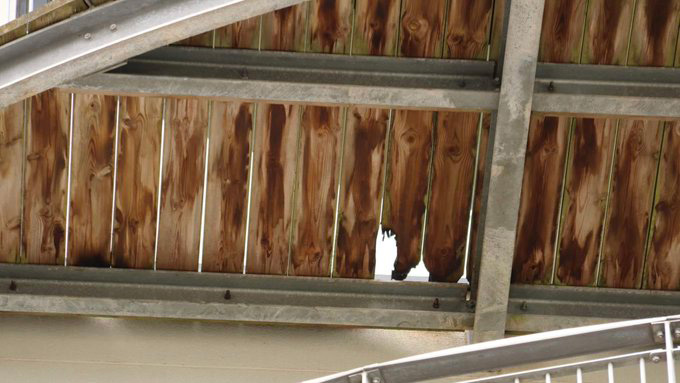The Grenfell disaster led to changes in law in England and now a campaign in Wales wants to provide the same protection for people living in high rise buildings.

Campaigners want to see better fire protection for Welsh homeowners to match the laws made in England after the Grenfell disaster.
The Building Safety Regulations came into force in England providing legal protection for homeowners, but in Wales, homeowners have had to lobby and fight for the Welsh Government to implement the same protection.
“The problem we have in Wales is that housing is a devolved responsibility so the laws are different to those in England,” said Mark Thomas, founder of Welsh Cladiators, a campaign group for Welsh homeowners. “English victims have been given some legal protections but because Wales has a different government the English laws do not apply to Welsh Citizens.”
Following the Grenfell tragedy, communities, and local authorities carried out national inspections of high-rise buildings across the UK amid suspicions that they may not have been built to certain safety standards.
As a result, the fire service has started issuing fire notices for building developments, resulting in homeowners having to pay high service charges for insurance and repairs. Campaigners want to see clarity on who should pay the high cost of fixing the building’s fire safety defects.
“Victims face not only huge costs associated with increased insurance and fire safety repairs but their flats are currently worth less than 50% of their true value. They are also unable to sell their homes as they are deemed unsafe,” said Mark.

In England, the law gives the fire service and local government officials the power to pursue developers and builders, and leaseholders do not have to take them to court.
“Currently, in Wales, the only group that can legally pursue developers and builders are the leaseholders. we want Welsh Local Authorities and Fire Rescue Services to be able to issue Remediation and Contribution orders against developers and builders as is the case in England. Thus saving innocent victims from the enormous legal risks and costs of taking to developers to court,” said Mark.
A joint statement was made by victims to the Welsh Government at a major conference in Swansea in 2022, however, to date the relevant legislation remains unprotected. The issue was discussed again at a meeting of the Welsh Assembly earlier this month.
“This week Welsh victims have been pressuring the Government to implement the same laws that were recently introduced in England to protect their victims, but they don’t think it is fair that English victims who have the same problems are better protected than Welsh citizens,” said Mark.

The majority of homeowners seeking legislative protection are from Cardiff Bay, a Cardiff waterfront development built between 2005 and 2007 by Laing O’Rourke on behalf of property developer Redrow, which includes seven high-rise buildings with 457 units and a community of approximately 2,000 residents.
“The Welsh government’s response has been very poor – instead of introducing the legislation they want to try and work with the same developers – people who have been avoiding responsibility for years. We believe corporations will only respond to laws not gentle encouragement,” said Mark. “So we remain concerned that the Welsh government will not legislate in our interests.”
“Our fight to change the Welsh government response will continue as we have no choice but to continue our fight for social justice.”

